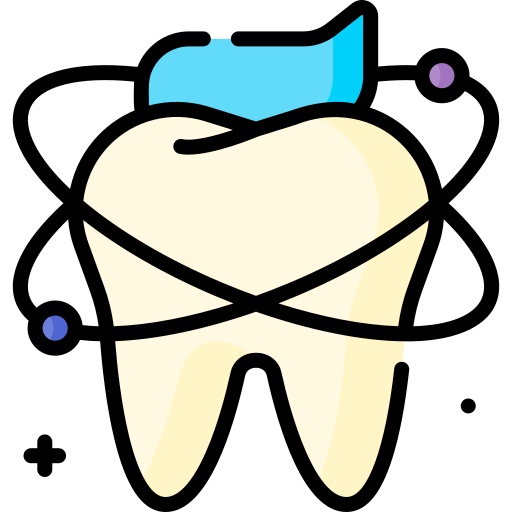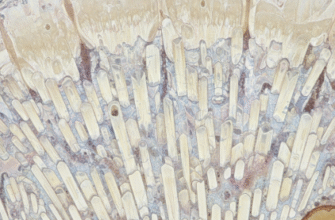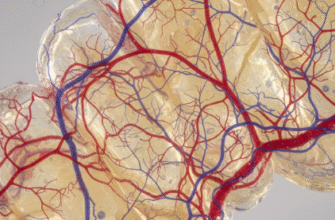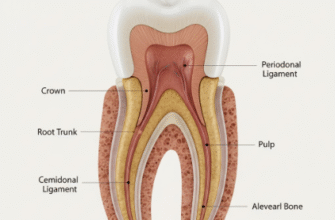The smile, a universal gesture of warmth and connection, often owes its brilliance to more than just good fortune. Behind many healthy smiles stands a dedicated professional, the dental hygienist, whose work is a cornerstone of oral health. While we readily acknowledge the dentist’s role in fixing problems, the story of the dental hygiene profession, focused on preventing those problems in the first place, is a fascinating journey of foresight, education, and dedicated care.
Echoes from Antiquity: Early Oral Care
The human desire for a clean mouth and fresh breath is not a modern invention. Long before the advent of specialized dental professions, ancient civilizations demonstrated a keen interest in oral cleanliness. Archaeological findings reveal that Babylonians, as far back as 3500 BC, used “chewsticks” – frayed twigs – to clean their teeth. Egyptians developed early forms of toothpaste, concoctions often involving ingredients like powdered ox hooves, myrrh, burnt eggshells, and pumice. The Romans and Greeks also documented various methods for tooth care, recognizing, even then, a link between oral hygiene and overall well-being. However, these practices were largely individual efforts, lacking the systematic, science-based approach we see today.
For centuries, tooth troubles were often met with extraction as the primary solution, a task performed by barbers, blacksmiths, or itinerant “tooth-pullers.” The concept of preventive oral care, and a dedicated professional to champion it, was still far in the future.
The Dawn of a Profession
The true genesis of dental hygiene as a distinct profession can be traced to the early 20th century, a period marked by significant advancements in medical and dental understanding. The focus began to shift, albeit slowly, from merely treating dental diseases to actively preventing them.
A Visionary’s Insight: Alfred Fones
Dr. Alfred C. Fones, a dentist practicing in Bridgeport, Connecticut, is widely regarded as the “Father of Dental Hygiene.” Dr. Fones was a man ahead of his time. He observed that the vast majority of his patients suffered from preventable dental diseases, particularly dental caries (cavities) and periodontal (gum) disease. He became convinced that education and regular prophylactic cleanings were key to combating these widespread issues. His philosophy was revolutionary: “It is primarily to this important work of public education that the dental hygienist is called. She must regard herself as the channel through which dentistry’s knowledge of mouth hygiene is to be disseminated.”
Dr. Fones envisioned a new type of dental professional, one who would focus on cleaning teeth and, crucially, educating patients on how to maintain their oral health at home. He believed that this preventive approach would not only save teeth but also improve overall public health. He initially trained his own dental assistant, Irene Newman, to perform these prophylactic procedures and provide patient education. In 1906, Irene Newman provided the first dental prophylaxis as we understand it today, marking a pivotal moment.
The First Hygienists and Formal Education
Encouraged by the positive results he saw with Irene Newman, Dr. Fones took his vision further. In 1913, he established the Fones Clinic for Dental Hygienists in Bridgeport, the world’s first school dedicated to training dental hygienists. The initial class consisted of 27 women, who, upon graduation, were poised to pioneer this new field. Dr. Fones coined the term “dental hygienist” to emphasize the focus on hygiene and health, rather than disease.
These early hygienists were not just clinicians; they were educators and advocates. Many went on to work in schools, public health clinics, and industrial settings, bringing oral health education and preventive services to communities that desperately needed them. The impact was significant, particularly among children, where rates of dental decay began to show noticeable declines in areas served by these new professionals.
The dental hygiene profession was founded on the principle of prevention. Dr. Alfred Fones established the first school in 1913, training professionals to clean teeth and educate the public on oral health. This innovative approach aimed to reduce the prevalence of dental diseases through proactive care and patient empowerment.
The Evolving Role of the Dental Hygienist
From its inception, the role of the dental hygienist has continuously evolved and expanded. Initially focused primarily on scaling (removing calculus) and polishing teeth, along with providing oral hygiene instruction, the scope of practice has grown considerably, reflecting advancements in dental science and technology, as well as a greater understanding of the complexities of oral health.
Today, a dental hygienist is a licensed oral health professional who integrates clinical, educational, and therapeutic services to support total health through the promotion of optimal oral health. Their responsibilities are diverse and require a significant level of skill and knowledge. Key functions often include:
- Patient Screening and Assessment: Reviewing health history, performing oral cancer screenings, assessing gum health, and noting any abnormalities.
- Dental Radiography: Taking and developing dental X-rays, which are crucial for diagnosing issues not visible during a clinical exam.
- Prophylaxis and Scaling: Removing plaque, calculus (tartar), and stains from teeth, both above and below the gumline.
- Periodontal Therapy: Providing non-surgical treatments for gum disease, such as scaling and root planing.
- Applying Preventive Materials: Administering fluoride treatments and dental sealants to help prevent decay.
- Patient Education: Providing personalized instruction on proper brushing and flossing techniques, nutritional counseling related to oral health, and explaining treatment plans.
- Documentation: Maintaining accurate and detailed patient records.
The emphasis on education and prevention remains a core tenet of the profession. Hygienists spend a significant portion of their time empowering patients with the knowledge and tools they need to take control of their oral health between professional visits. They are skilled communicators, adept at explaining complex dental concepts in an understandable way and motivating patients to adopt healthier habits.
Why Dental Hygienists are Indispensable
The importance of dental hygienists in the broader healthcare landscape cannot be overstated. They are often the first line of defense against oral diseases and play a critical role in maintaining not just healthy smiles, but contributing to a person’s overall comfort and confidence.
Guardians of Gums and Teeth
Regular visits to a dental hygienist are paramount for preventing common dental problems. Plaque, a sticky film of bacteria, constantly forms on teeth. If not removed effectively, it can lead to tooth decay and gingivitis, the earliest stage of gum disease. Over time, plaque hardens into calculus, which can only be removed with professional instruments. Hygienists meticulously clean away these deposits, disrupting the disease process before it can take hold or escalate. Early intervention and consistent preventive care provided by hygienists can save patients from more complex, costly, and potentially uncomfortable treatments down the line.
More Than Just a Cleaning
A dental hygiene appointment is far more than just a “cleaning.” It is a comprehensive assessment and preventive service. Hygienists are trained to spot the early signs of potential problems, such as incipient cavities, gum inflammation, or suspicious lesions that might warrant further investigation for oral cancer. Their keen eyes and gentle touch can make a significant difference in early detection. Furthermore, they provide personalized advice tailored to each patient’s specific needs, risk factors, and lifestyle. This might include recommendations for specific oral hygiene products, dietary adjustments, or smoking cessation support.
Partners in Your Oral Health Journey
Dental hygienists often build long-term relationships with their patients. They see them regularly, track their oral health progress, and become trusted advisors. This continuity of care is invaluable. They understand that each patient is unique and work collaboratively to set achievable oral health goals. This partnership fosters a sense of trust and encourages patients to be more proactive about their care. They are not just treating teeth; they are caring for people. The comfort and confidence that come with a healthy mouth significantly contribute to an individual’s quality of life.
Looking Forward: The Future of Dental Hygiene
The dental hygiene profession continues to adapt and grow. With an increasing understanding of the connections between oral health and overall systemic wellness (though direct causal claims are complex and beyond simple advice), the role of the hygienist as a key health promoter is likely to expand further. Advancements in technology, such as laser therapy for gum disease or enhanced diagnostic tools, are also shaping the future of practice.
Moreover, dental hygienists are increasingly involved in public health initiatives, outreach programs for underserved populations, and research. Their expertise in prevention makes them vital contributors to community health efforts aimed at reducing the burden of oral diseases globally.
The journey from a simple idea of “mouth washing” to a highly skilled, licensed profession is a testament to the power of preventive thinking. The dental hygienist stands as a crucial figure in the world of healthcare, dedicated to preserving smiles, promoting health, and educating communities. Their work, often performed with a gentle hand and an encouraging word, makes a profound difference in the lives of millions, one healthy mouth at a time. The story of dental hygiene is one of progress, passion, and the enduring belief that prevention is indeed the best medicine for our smiles.








